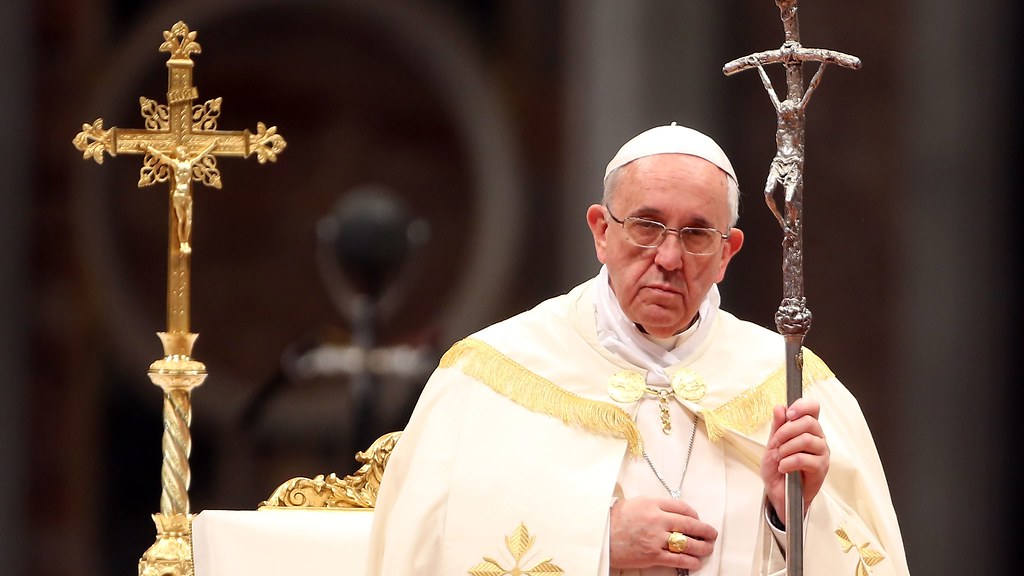Ross Douthat had a fascinating interview this past weekend in the New York Times with Cardinal Raymond Burke, a leader in conservative American Catholicism who has been consistently pushed toward the margins of church life under Pope Francis. At the risk of quoting him too much, I’m going to run several excerpts here and just let the Cardinal speak for himself.
Login to read more
Sign in or create a free account to access Subscriber-only content.
